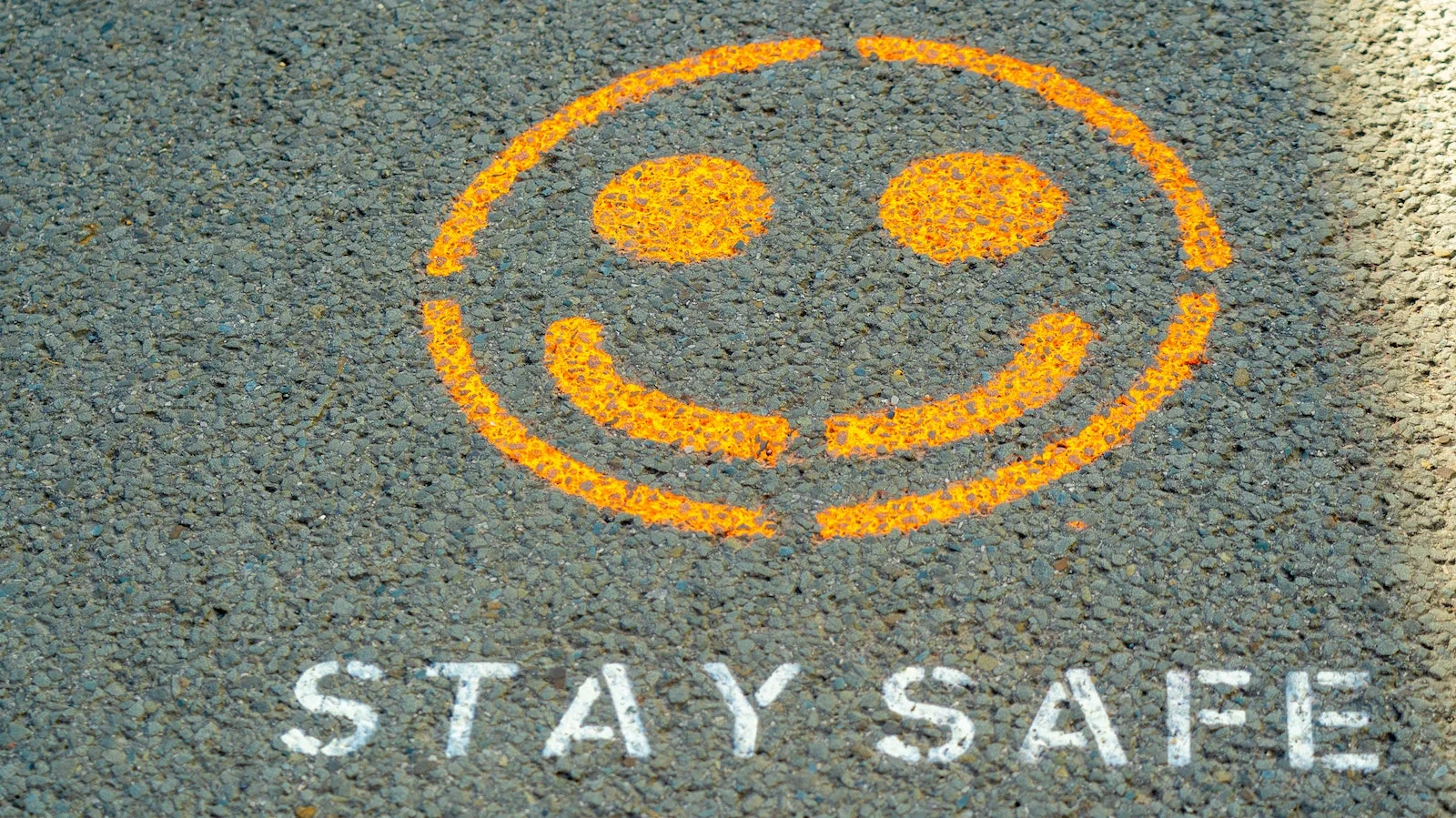Is crypto safe? This article answers the question and offers tips on how to protect yourself from scams and hacks.
With the rise in popularity of crypto, there are also concerns about its safety. In this article, we’ll explore the question “is cryptocurrency safe” and examine the security features of cryptocurrency, the risks associated with using it, ways to protect yourself, and government regulations and oversight.
Security features of cryptocurrency
Cryptocurrency is designed to be secure. It uses encryption and decentralized networks, making it difficult for hackers to access or manipulate transactions. One of the key features of cryptocurrency is the use of blockchain technology, which ensures that transactions are secure and tamper-proof. Blockchain technology also makes it possible to track transactions, which enhances security and transparency.

Risks of using cryptocurrency
While cryptocurrency is designed to be secure, there are still risks associated with using it. One of the biggest risks is the potential for hacks and scams. Cryptocurrency exchanges and wallets have been hacked in the past, resulting in the theft of millions of dollars’ worth of digital currency. Additionally, there are many scams in the cryptocurrency world, such as fake ICOs and Ponzi schemes, which can result in significant financial losses.
Another risk associated with cryptocurrency is the potential for losing access to your wallet or private keys. If you lose your private key, you may not be able to access your cryptocurrency, resulting in the loss of your investment. Additionally, there is the potential for fraud, where criminals can trick you into giving them your private key to steal your cryptocurrency.
Real-world examples
There have been several well-known cryptocurrency hacks and scams in recent years. One of the most significant was the 2014 Mt. Gox hack, in which hackers stole approximately 850,000 bitcoins, valued at around $450 million at the time. Another example is the 2018 Coincheck hack, in which hackers stole approximately $530 million worth of cryptocurrency.
There are also many stories of individuals who have lost access to their cryptocurrency wallets, resulting in significant financial losses. For example, a British man named James Howells accidentally threw away a hard drive containing 7,500 bitcoins, which is now worth hundreds of millions.
Ways to protect yourself
Despite the risks associated with cryptocurrency, there are several ways to protect yourself. One of the most important is to choose a secure wallet. There are many different types of wallets available, including hardware wallets, software wallets, and online wallets. Each type of wallet has its own security features and risks, so it’s important to do your research and choose one that is appropriate for your needs.
Another way to protect yourself is to use two-factor authentication (2FA) for your accounts on cryptocurrency exchanges. This adds an extra layer of security to your account by requiring a code in addition to your password when you log in. Additionally, it’s important to be cautious when investing in new coins. Many new coins are scams, so it’s important to do your research and only invest in reputable projects.
Government regulations and oversight
The government is beginning to take notice of cryptocurrency and is taking steps to regulate it. The regulatory landscape for cryptocurrency is still evolving, with different countries taking different approaches. In the US, for example, the Securities and Exchange Commission (SEC) has taken action against several ICOs for violating securities laws. Additionally, some countries, such as China, have banned cryptocurrency exchanges altogether.
Conclusion
So, is crypto safe? The answer is not straightforward. Cryptocurrency is designed to be secure, but there are still risks associated with using it. Hacks, scams, and the potential for losing access to your wallet or private keys are all factors to consider. However, there are ways to protect yourself, such as choosing a secure wallet, using two-factor authentication, and being cautious when investing in new coins.
Additionally, the government is beginning to take action to regulate cryptocurrency, which may provide some additional protections for investors. However, it’s important to remember that cryptocurrency is still a relatively new technology, and the regulatory landscape is still evolving.